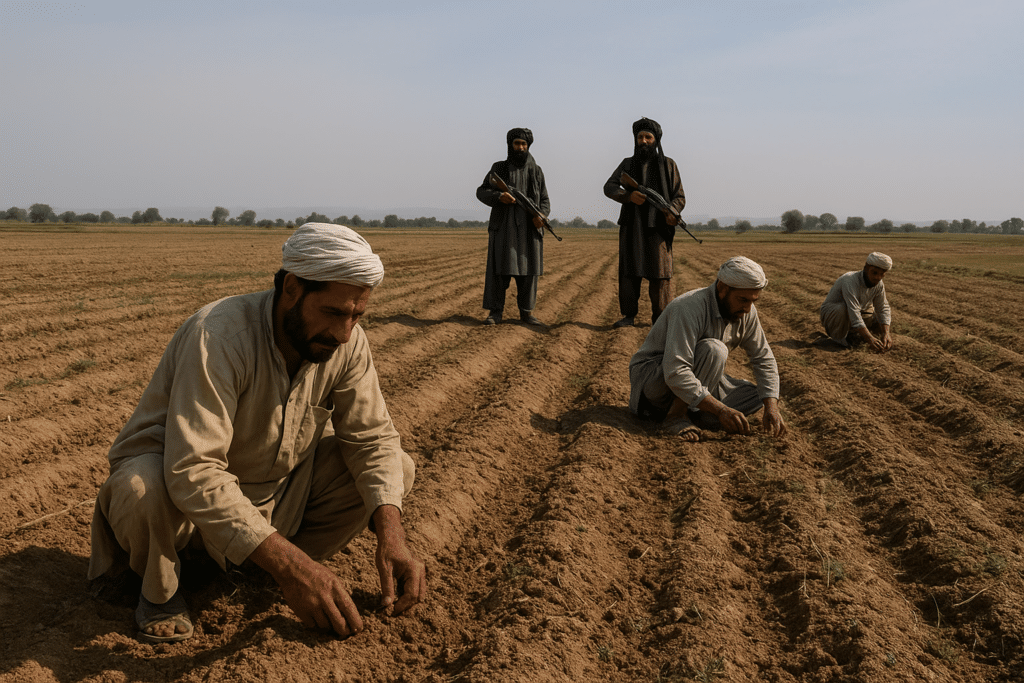GWADAR: A new initiative called the ‘Farmer Green Card Programme’ has been launched in the Gwadar district. The scheme, introduced by the Department of Agriculture Extension, is designed to support local farmers and boost agricultural growth by connecting them directly to government aid.
Deputy Director Riaz Ahmed Baloch described the programme as a “golden opportunity” for the farming community. He has called on all farmers, orchard owners, and landowners in the areas of Ormara, Basol, and Dasht to register without delay. Registration will allow them to receive subsidies and expert technical assistance.
Mr Baloch stated that the Green Card serves as an official recognition of a farmer’s labour and a guarantee for their future prosperity. He also encouraged registered farmers to spread the word amongst their neighbours, as widespread participation will help secure further government support for the district.
Also read: Gwadar authorities resolve dispute between fishermen groups in Pasni
Meanwhile the district administration has intensified a city-wide crackdown on profiteering and hoarding, with Price Control Committee teams conducting rigorous inspections of markets to ensure sellers comply with official rates for essential food items.
The operation, launched on the instructions of Assistant Commissioner Gwadar Saad Kaleem Zafar, is aimed at providing immediate relief to the public. During the inspections, Price Control Committee In-charge Shakeel Baloch strictly warned shopkeepers to display and adhere to government price lists, avoid illegal profiteering, and maintain hygiene standards in their shops.
Baloch stated that the goal is not only price control but also ensuring the availability of affordable, quality goods. He directly appealed to citizens to report violators. “If any shopkeeper charges more than the official rates, the public should immediately inform the Price Control Committee,” he said.
To facilitate this, the committee has set up a confidential complaint system. Baloch assured that immediate action would be taken on complaints submitted with video, audio, or text evidence, and the identity of the complainant would be kept secret to encourage reporting without fear.





